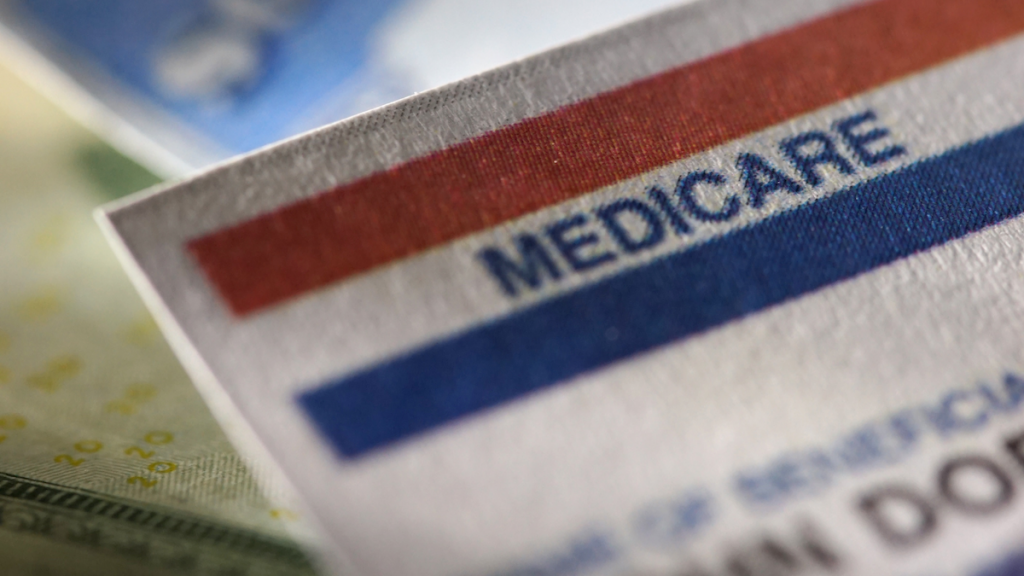The short answer is yes, sacral neuromodulation is covered by Medicare and all insurance plans for the treatment of urinary incontinence, bowel incontinence, and overactive bladder. Sacral neuromodulation is highly effective and well proven to restore bladder and bowel control. Excellent peer-reviewed scientific publications examining the treatment options have shown sacral neuromodulation to be the most effective treatment that we have today for incontinence. Medicare recognizes that data, and the procedure has been covered for many years.
The Fine Print
Having said that, there are always some requirements or conditions for Medicare approval of technology such as this one. In the case of urinary and fecal incontinence treatment, Medicare requires that a person has already had the problem for over a year and has tried and failed other measures, including medication and exercises or pelvic floor physical therapy.
Once those criteria are met, Medicare requires that the individual undergo a test or trial procedure during which temporary leads are placed and a trial device is used to see if it is successful. Only if the individual reports greater than 50% success with the test does Medicare approve placement of the actual sacral neuromodulation implant.
This framework was devised 20 years ago, and of course, there are problems with this framework today that do not serve senior citizens well and do not serve others with bowel and bladder problems well either. For example, in most regions, Medicare has nonsensical exclusions related to health conditions a person may have. Many of these regional Medicare organizations deny coverage to individuals with certain neurological conditions, even though sacral neuromodulation is especially effective precisely for people with these conditions.
In addition to excluding some of the very people who would most benefit from the treatment, Medicare also has other strange features that go against the medical evidence. The first example is that the Medicare guidelines require people to take medications, which AARP and other organizations have said should not be prescribed at all because of their association with memory loss and dementia. I’m referring to the most widely prescribed class of medications for bladder leakage, the anti-cholinergic medications like oxybutynin, Detrol, Vesicare, Ditropan, and others. In addition to the very low efficacy of these drugs, they cause dry mouth and constipation. But worse, they are squarely in the crosshairs of scientific and advisory organizations who have identified them as a cause of memory loss and dementia. The more recent modern medications like Myrbetriq, which hopefully do not share this terrible side effect, are currently extremely expensive and not covered by most health insurance plans. So, Medicare’s requirement that individuals take medication believed to be harmful or are known to be prohibitively expensive makes no sense. Regardless, in 25 years of working in this field, I’ve never met a person who felt their incontinence was cured with these medications anyway. The whole medication requirement by Medicare before approving the highly effective therapy is a head-scratcher.
Another challenging criterion imposed by Medicare is one in certain regions which requires individuals with bowel leakage to undergo a sacral modulation trial for more than seven days. This makes absolutely no sense because the trial was never designed to last for more than three or four days. The temporary leads must be easily removable, so there is no good data obtained after a few days when the leads have shifted position. Furthermore, such an unusually long trial means a person must avoid showers and baths and manage sponge bathing and dressing for more than seven days. This requirement, whose origin can only have been a bureaucrat and not someone familiar with caring for seniors, makes no sense in terms of medicine or hygiene or common sense. Yet I have seen Medicare aggressively claw back payments to centers that helped restore bowel control and give back quality of life to senior citizens because the trial lasted six and a half days instead of seven.
The Good News
The good news is that this highly effective treatment delivers over 90% success in resolving urinary and fecal incontinence, treats overactive bladder extremely well, and has extremely high effectiveness for people with neurologic conditions, including neurogenic incontinence. And yes, sacral neuromodulation is widely covered by Medicare throughout all regions of the country. But just have patience, and be aware of the strange and arbitrary strings attached, and understand that you and your doctor may have to work through some nonsensical bureaucratic rules to get you the treatment you deserve.




